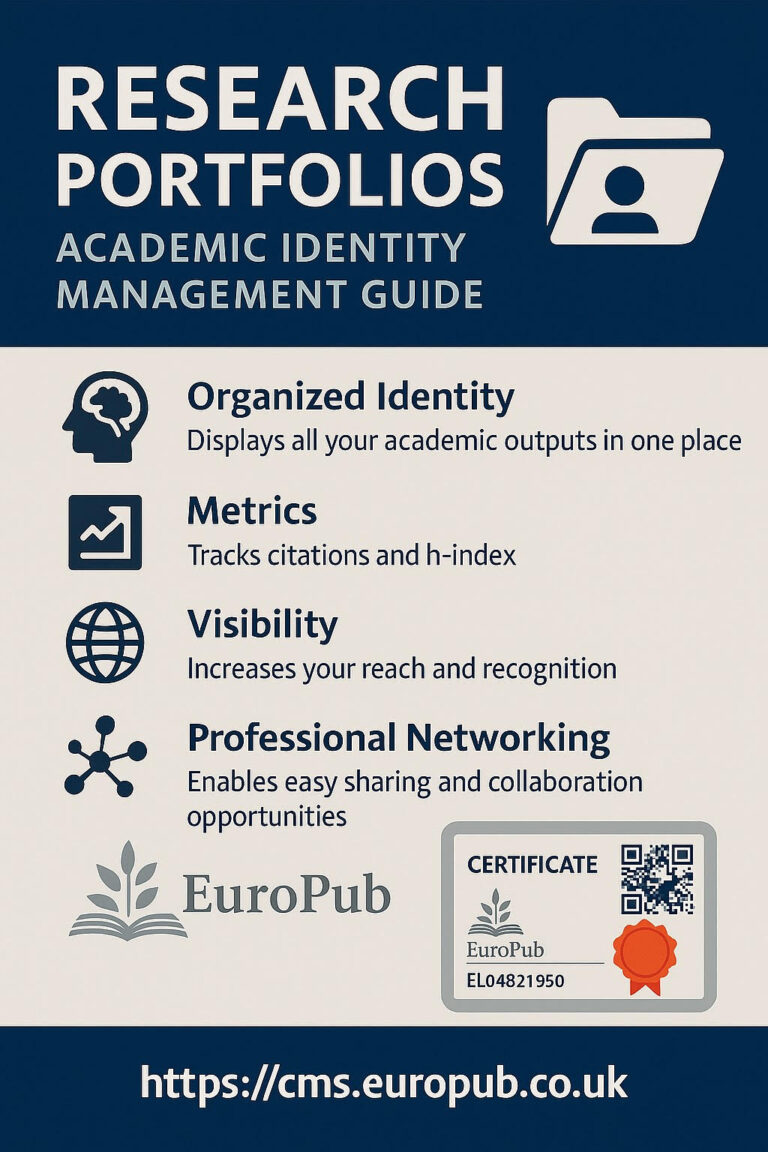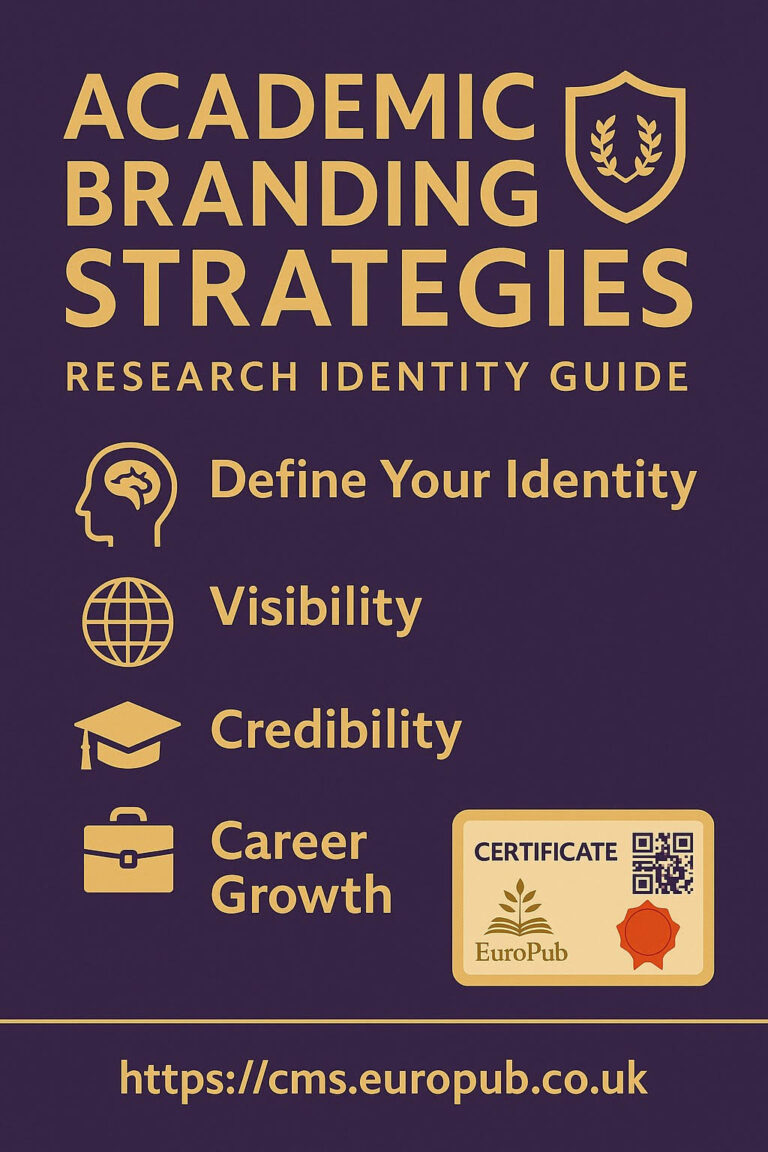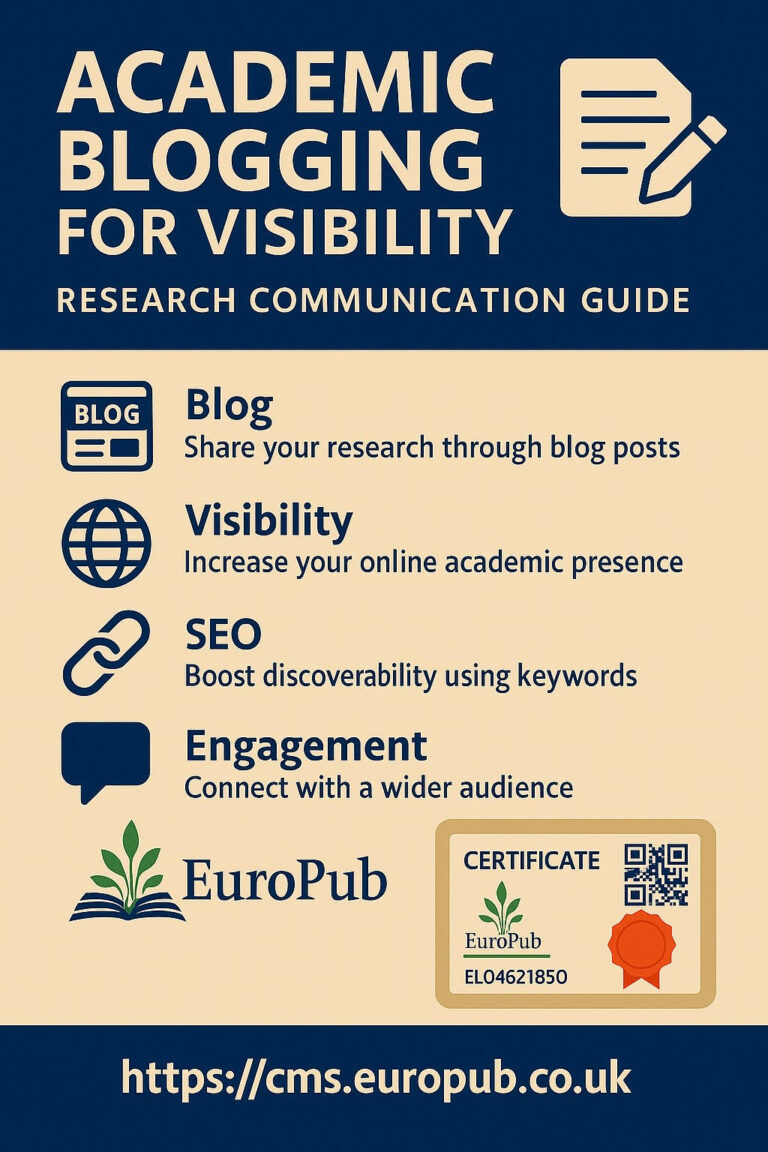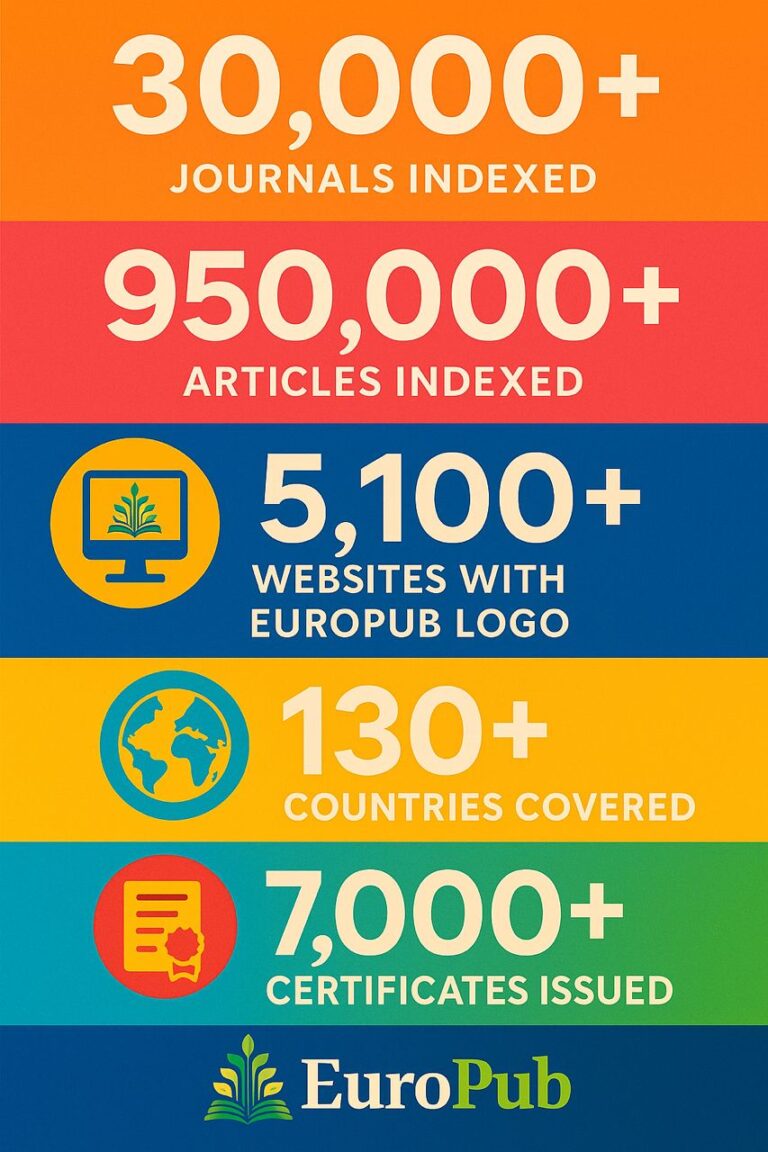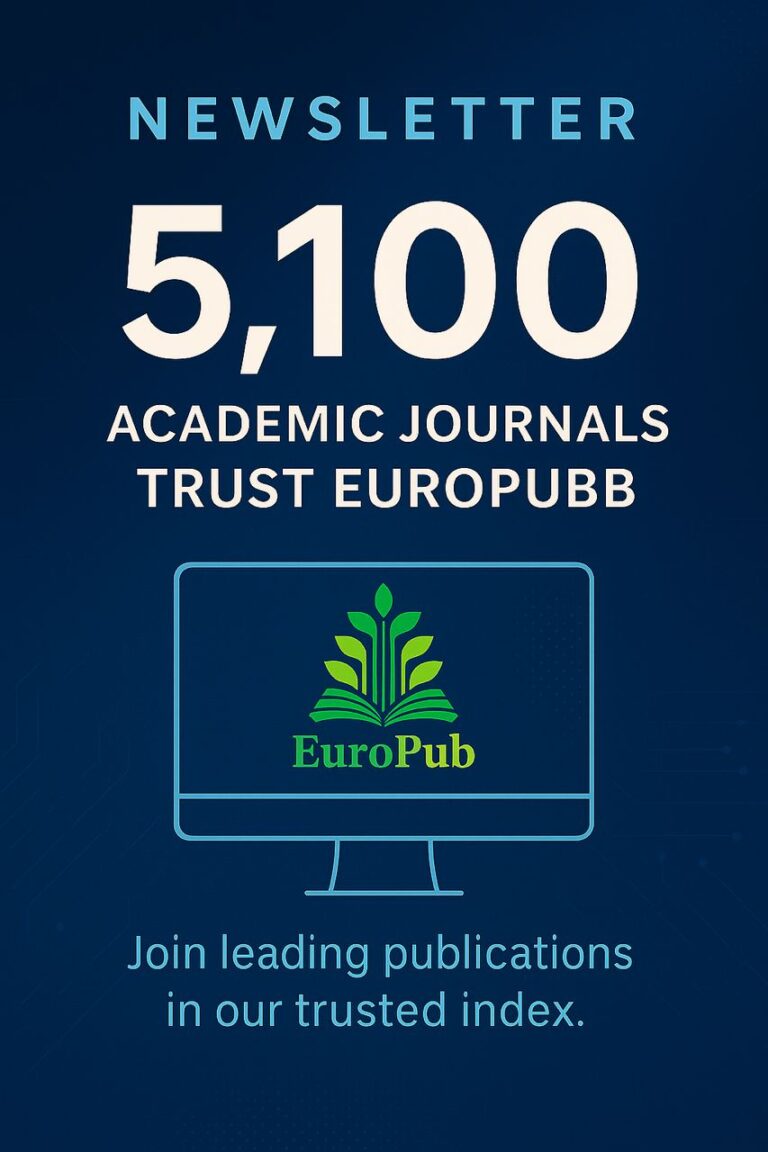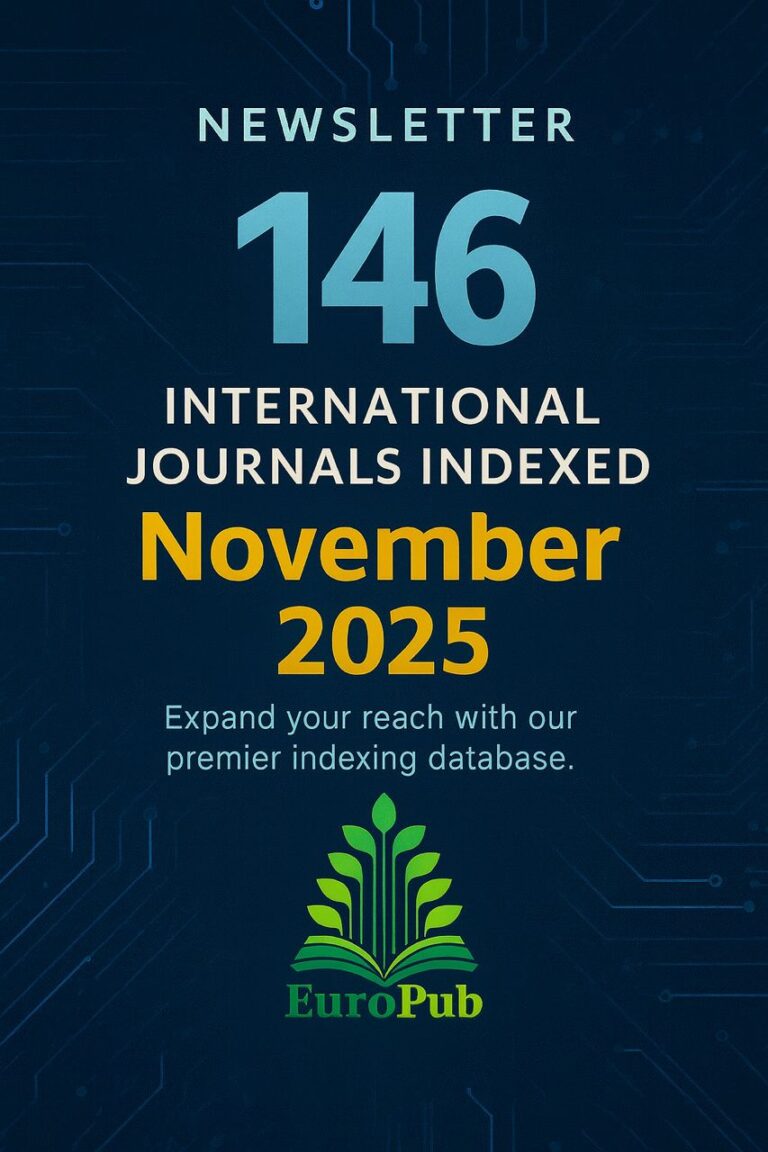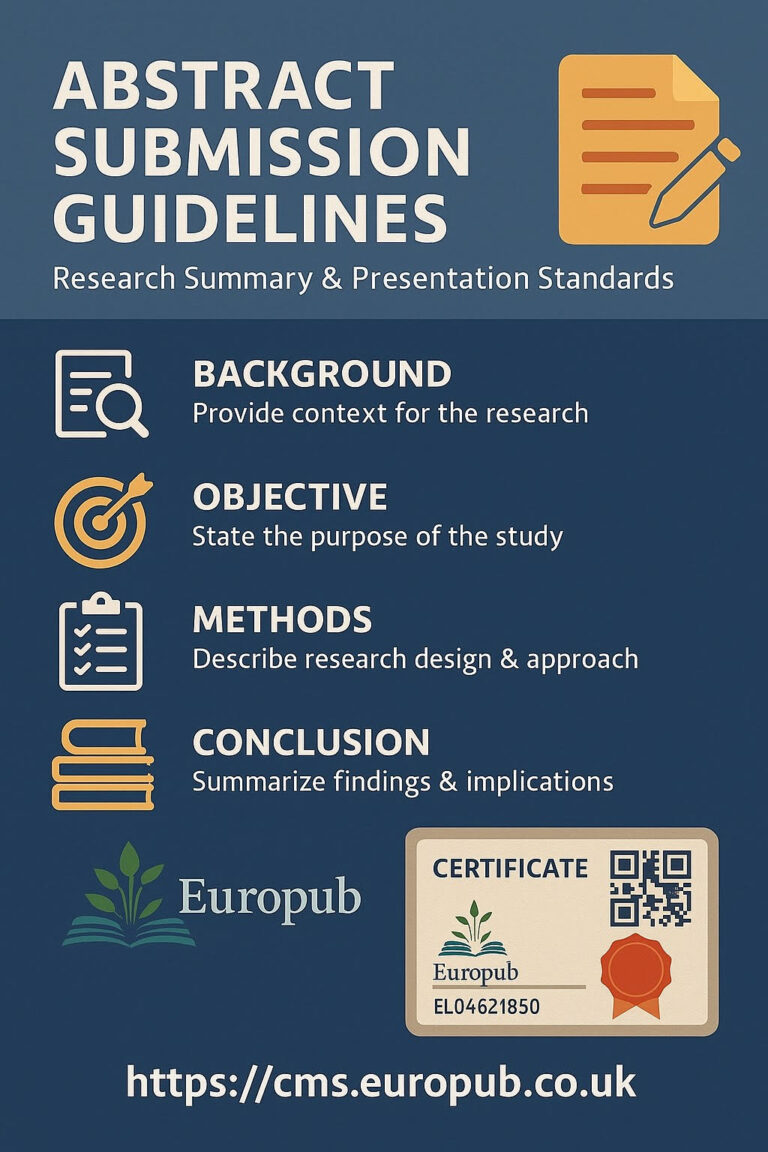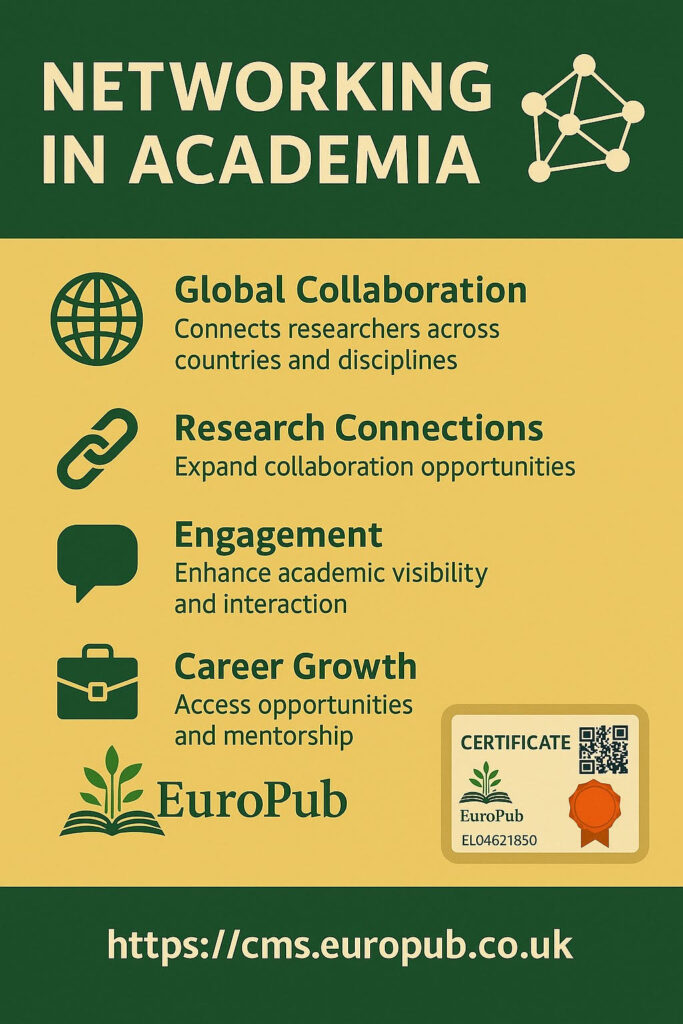
Academic networking is one of the most powerful ways to grow professionally, increase visibility, and strengthen research collaborations.
It helps you find co-authors, reviewers, mentors, funding partners, and gain invitations for conferences, special issues, and editorial boards.
 Why Networking Matters in Academia
Why Networking Matters in Academia
| Benefit | Explanation |
|---|---|
 Global Collaboration Global Collaboration | Connects researchers across countries and disciplines |
 Knowledge Exchange Knowledge Exchange | Learn new methods, tools, and theories |
 Visibility & Recognition Visibility & Recognition | Increases chances of citation and collaboration |
 Career Growth Career Growth | Opens doors to grants, projects, and promotions |
 Mentorship Mentorship | Builds supportive relationships with experienced scholars |
 How to Build an Academic Network
How to Build an Academic Network
 Attend Academic Events
Attend Academic Events
- Participate in conferences, seminars, workshops, and symposiums.
- Introduce yourself clearly — focus on your field, affiliation, and recent research.
- Exchange business cards or connect on LinkedIn / ResearchGate immediately after.
 Join Online Academic Communities
Join Online Academic Communities
Engage in discussions, post your papers, and comment on others’ research.
 Collaborate on Research Projects
Collaborate on Research Projects
- Seek co-authors with complementary skills.
- Join international teams or thematic research groups.
- Use collaboration networks like ScienceOpen or OSF.
 Leverage Academic Social Media
Leverage Academic Social Media
Platforms such as Twitter (X), LinkedIn, and ResearchGate allow you to:
- Share research updates
- Follow trending hashtags (#AcademicTwitter, #PhDChat)
- Join specialized interest groups
 Publish in Joint Issues or Edited Volumes
Publish in Joint Issues or Edited Volumes
Special issues and book chapters often bring researchers together.
Contact editors or guest editors who share your area of expertise.
 Stay in Touch & Follow Up
Stay in Touch & Follow Up
After meetings or conferences:
- Send short appreciation messages.
- Offer collaboration or citation exchange (ethically).
- Maintain contact on social platforms or email.
 Professional Tools for Academic Networking
Professional Tools for Academic Networking
| Tool | Use |
|---|---|
| Professional network and job discovery | |
| ResearchGate | Collaboration, visibility, and citation growth |
| Google Scholar | Academic profile and citation tracking |
| ORCID | Author identification and publication linking |
| Europub Certificate Platform | Researcher verification and credibility badge |
 Best Practices for Successful Networking
Best Practices for Successful Networking
| Action | Why It Works |
|---|---|
 Be proactive Be proactive | Take initiative to introduce yourself |
 Give before asking Give before asking | Offer value (feedback, ideas, collaboration) |
 Maintain consistency Maintain consistency | Regularly interact and share updates |
 Stay authentic Stay authentic | Build real, long-term professional relations |
 Follow up politely Follow up politely | Keeps you memorable and trusted |
 Common Mistakes to Avoid
Common Mistakes to Avoid
 Sending impersonal or spammy messages
Sending impersonal or spammy messages Ignoring replies or not following up
Ignoring replies or not following up Limiting networking to your institution
Limiting networking to your institution Over-promoting your work
Over-promoting your work Neglecting to maintain professional tone online
Neglecting to maintain professional tone online
 Ethics and Etiquette
Ethics and Etiquette
- Respect academic diversity and cultural differences.
- Cite and acknowledge collaborators properly.
- Avoid conflicts of interest in joint projects.
- Follow COPE and institutional ethics for communication.
 Useful Resources
Useful Resources
| Resource | Link |
|---|---|
| ResearchGate | https://www.researchgate.net |
| Academia.edu | https://www.academia.edu |
| https://www.linkedin.com | |
| ScienceOpen | https://www.scienceopen.com |
| ORCID | https://orcid.org |
| Europub Certificate System | https://cms.europub.co.uk |
| Europub Database | https://europub.co.uk |
| Europub Scientific News | https://news.europub.co.uk |
 FAQs — Networking in Academia
FAQs — Networking in Academia
 1. What’s the best way to start networking as a new researcher?
1. What’s the best way to start networking as a new researcher?
Start with conferences (even virtual ones). Introduce yourself, exchange contacts, and connect afterward on LinkedIn or ResearchGate.
 2. Is online networking as valuable as in-person networking?
2. Is online networking as valuable as in-person networking?
Yes. Online platforms provide continuous opportunities for engagement, especially for international collaboration.
 3. How can networking increase my citations?
3. How can networking increase my citations?
Collaborations and visibility lead others to read and cite your work more frequently.
 4. What if I’m shy or introverted?
4. What if I’m shy or introverted?
Prepare short self-introductions and use online interactions to build confidence before live meetings.
 5. How often should I engage with my network?
5. How often should I engage with my network?
At least once per month — share updates, comment on peers’ work, or send greetings during events.
 6. Should I network outside my field?
6. Should I network outside my field?
Yes — interdisciplinary collaborations often generate innovative ideas and broader impact.
 7. How can Europub help with networking?
7. How can Europub help with networking?
Europub’s database connects researchers, journals, and events globally, with certification features for verified academic profiles.
 Europub Certification Reminder
Europub Certification Reminder
Elevate your academic presence with Europub-certified networking badges:
- Academic Networking Certificate
- Research Collaboration Verification
- Global Scientific Connectivity Badge
 Apply now → https://cms.europub.co.uk
Apply now → https://cms.europub.co.uk
